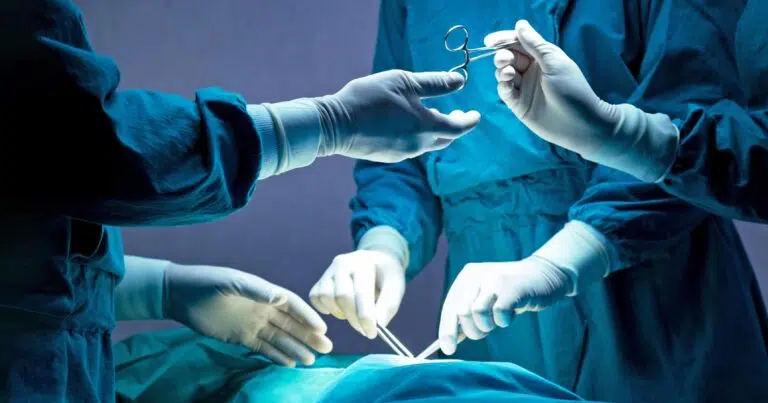Clinical Laboratory Assistant Career Guide
Looking for a different career guide?
Overview
Clinical Lab Assistants are integral members of the healthcare team, playing a vital role in diagnostic and medical testing processes. If you have a keen interest in laboratory science and a passion for precision and accuracy, a career as a Clinical Lab Assistant could be an excellent fit for you.
Clinical Lab Assistants work in medical laboratories, clinics and
Education
A high school diploma or equivalent is typically required to become a Clinical Lab Assistant. However, some employers may prefer candidates who have completed a formal training program in medical laboratory assisting.
Qualifications

Skills
Clinical Lab Assistants need excellent attention to detail, organizational skills and the ability to follow strict protocols. Proficiency in using laboratory equipment, such as microscopes and centrifuges, is essential. Good communication skills and the ability to work well as part of a team are also important.
Responsibilities
Responsibilities of Clinical Lab Assistants include specimen collection, sample processing, data entry, equipment maintenance and ensuring compliance with safety and quality standards. They collaborate with laboratory technologists and pathologists to ensure accurate and timely test results.
Salary Insights
The average salary for a Clinical Laboratory Assistant is $2,526.00 per week.
Last updated on January 9, 2026. Based on active jobs on Vivian.com.
Pros & Cons
Becoming a Clinical Lab Assistant offers numerous advantages. The role allows you to work behind the scenes in healthcare, contributing to patient care without direct patient interaction. It also provides an opportunity to work in a growing field with job stability. Additionally, the skills and experience gained can serve as a stepping stone to further education and advancement within the
Some of the content on this page was enhanced using artificial intelligence.
Join over 1 million healthcare workers that are getting a head start with Vivian.
Join Vivian





